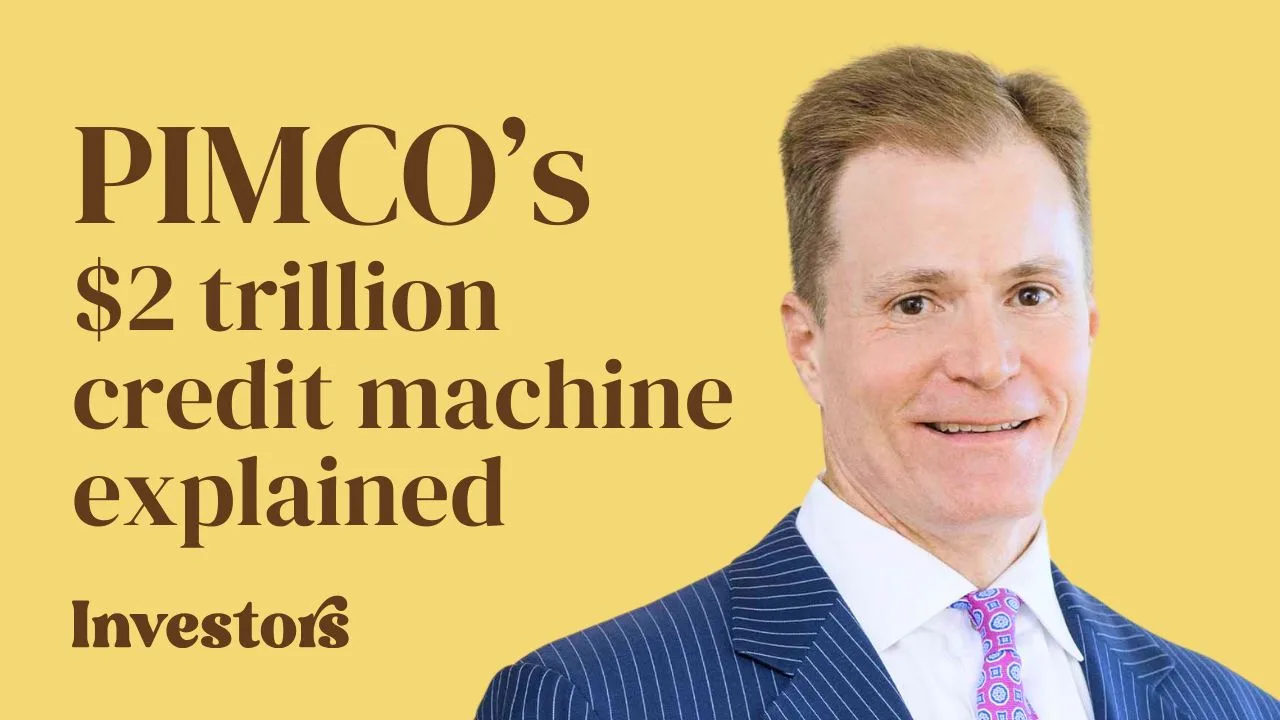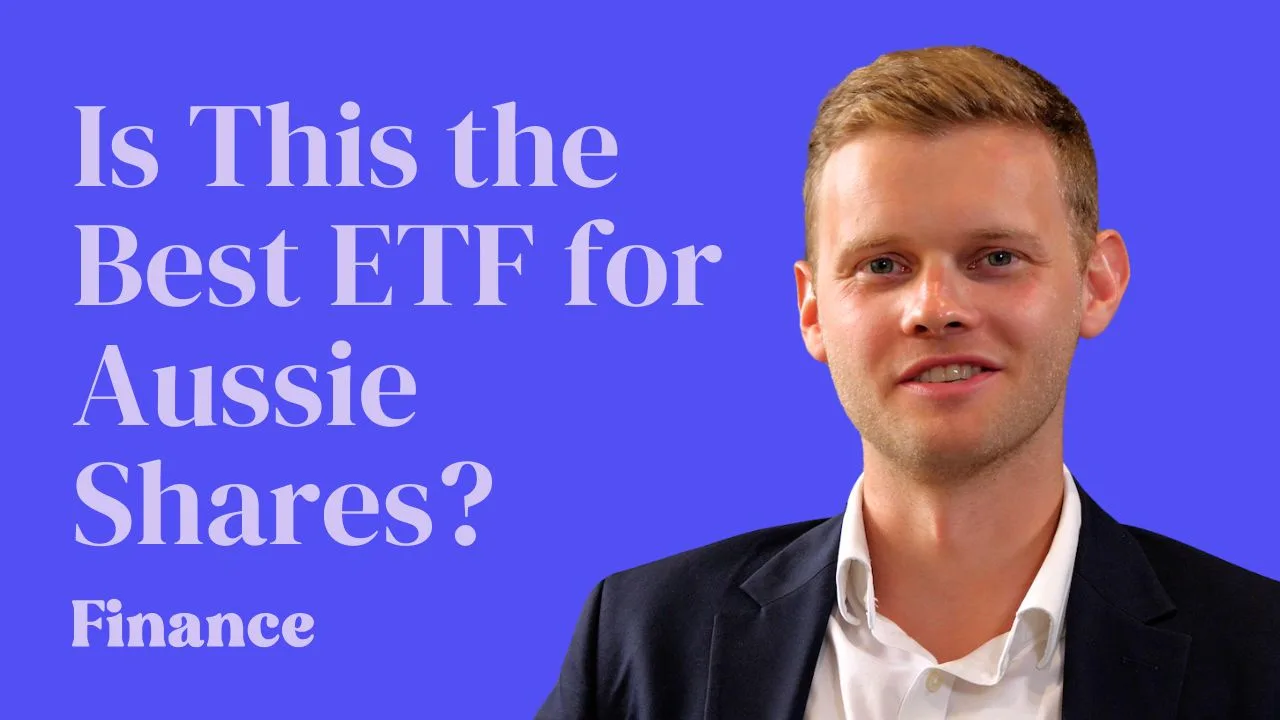Want to start ethical investing? Have you ever wanted to invest ethically in Australia? Did you know you can, as an ASX investor just like me, you can start today by following just 5 simple steps? Investing ethically, with a sustainable focus or with an ‘ESG overlay’ is easy as 1-2-3 (4-5). Let me show you…
Oh, but before I get to that: you should know this article comes from my FREE ethical investing Australia course on Rask Education. It launched last week and covers everything from ASX shares to Super, personal finance and ETFs.
Okay, back to it…
Using one of the 17 popular share brokerage accounts in Australia, you can buy just about anything you want, including Australian shares (ASX) shares, international shares (note: you might need a separate US share trading account for this), Exchange-Traded Funds (ETFs) and select managed funds or “mfunds” (only available via some brokers).
What is ethical investing?
In a recent Rask Media + Rask Education update, called Ethical Investing in Australia: All it’s cracked up to be? I explained exactly:
- How anyone can invest ethically with little fuss
- Ways to get started with ETFs, Super or stocks
- Why ESG investors often do better than non-ESG investors
- Why it may make more sense (from a environmental perspective) to invest ethically than going vegan, recycling your beer stubbies or wine bottles
You can read a little more about ‘why’ it pays to invest ethically in this article: Ethical Investing Australia: All it’s cracked up to be?
Why I choose to ethically invest in direct ASX shares + ETFs + everything else
Direct or individual share investing gives you maximum control over your investments. Sure, ethical ETFs are good (view the full list of ethical ETFs in Australia). And ethical Super funds like Australian Ethical Ltd (ASX: AEF), Future Super and others are doing a good job.
However, while control can be great, it comes with a heavy responsibility on you, the investor.
If you want to go down this road and pick individual companies to own, like me, please take our beginner shares course, subscribe to 3 newsletters or my favourite investing podcasts, and binge on great investing content to upskill — for at least a month — before you buy anything. And start small.
The minimum amount you need to own ASX (Australia) shares is $500, plus a small amount for brokerage (e.g. $10 per buy or sell). In fact, I would probably start with a few ETFs (see below) before buying individual shares…
My top 5 ESG and ethical investing tips for everyone
ESG tip #1: Avoid industries you don’t like
It just so happens that the reason I avoid owning mining shares has nothing to do with my ethical investing compass. I just don’t think they’re great investments for someone like me (I know nothing about mining). You don’t need to get really technical with this — just use a piece of paper to write down a list of businesses or industries you want to avoid and don’t go there.
However, there is one hard part to this: don’t get envious of other people making money in that industry. Mining, for example, is filled with rags-to-riches stories and “traders” (and even some investors) will brag about their one stock that has done well. This is just one example (mining). Again, I’m not saying “mining is unethical” (full disclosure: I think some mining is essential for humanity to move forward).
Ethical investor tip #2: Understand the business
Read the annual report, Segment report & company ‘about us’ page.
This is the most important part of all stock market investing — and yet it’s the one thing most investors don’t do! Let me give you an example. I believe (reminder: my values, not yours) most gambling and gaming is one of the destructive forces in our society — especially amongst young males and vulnerable elderly people, so I avoid companies/stocks that are involved in this industry — and type of business.
Let’s use an example: on the ASX there’s a company called Aristocrat Leisure Ltd (ASX: ALL). Its ticker code is ‘ALL’ and it is found on Australia’s ‘ASX’. If you visit the company’s ‘About Us‘ page you might find some great words about “creativity” and “rich history of innovation” and a mission to “bring joy to life through the power of play”. Sounds good so far… but then you dig a little deeper and realise a big part of Aristocrat’s business is pokie machines and casino gaming. This is not a knock on Aristocrat — Crown Resorts Ltd (ASX: CWN), Jumbo Interactive Ltd (ASX: JIN), Star Entertainment Ltd (ASX: STR) and many others do a similar thing.
You can and should read a company’s annual report, or at least the Chairman and CEOs address when it is published. You can find this on the company’s investor relations website (google the company name + “investor relations”) or by going into your brokerage account and filtering for the latest annual report. Finally, in an annual report, there’s something called a “segment report” (buried in the accounting notes). This will show you each of the company’s major business lines. Sometimes companies don’t disclose much in their segment report, so you might need to dig a little deeper online.
Sustainable investing tip #3: Check ESG policies (if any)
Right now, it’s not a clear-cut responsibility for companies to disclose their exact stance on ESG in reports (accounting bodies are working on this). However, many large Australian and US companies have got on the front foot and produce an ESG or sustainability report, which may be available on their website.
For example, do an internet search for “CBA sustainability report” to find the Commonwealth Bank of Australia (ASX: CBA) reports. Have a read-through. Good companies disclose ESG information on their website.
Note: you can follow my step-by-step prompt in a tutorial covering hearing aids business Cochlear Ltd (ASX: COH) — part of our free ethical investing course.
Responsible investing tip #4: Workplace culture
I’ve found a good sign of a crappy investment (arising from poor management), is terrible workplace culture. This is a tip for job seekers and investors alike. Use Seek Companies (for Australian companies) and Glassdoor (for international companies) to see honest reviews of company management teams and workplaces.
Important warning: as I say in the video above, keep in mind that some companies need a ‘harder’ environment to be a success. It’s just a fact of life that some things aren’t easy.
For example, Flight Centre Travel (ASX: FLT) is one of Australia’s top-performing travel agents, but it scores (at the time of writing — late 2020) around 40% on Seek for would “recommend this employer to friends”.
Many disgruntled people leave more reviews than positive folks. What you might be looking for is a bad score plus repeated reviews mentioning issues with something you’re not comfortable seeing in a business (e.g. harassment, indigenous issues, bullying, underpayment of wages, etc.).
Ethical tip #5: Explain the investment to someone else before you invest
Investing involves risk — that’s why it’s called investing and not ‘saving’. So please, always consider the risks.
This final step is most powerful — in more ways than one. I used to call this my “better half test” because I’ve found, time and again (and often the hard way!), that when you explain an investment or strategy to someone — no matter their level of financial knowledge — cracks appear. Big cracks.
If you follow this process you’re following in the footsteps of Physicist Richard Feynman who popularised the ‘Feynman Technique‘.
Using a piece of paper, your phone’s note-taking function or an investment journal, jot down 6 dot-points about the investment or change (e.g. switching to ethical Super) that you want to make.
Make 2 of them ‘key risks’ or ‘here’s what could go wrong’.
Summarise your 6 points by explaining the business to your partner, friend or family member.
Chances are you will find some cracks in your knowledge — and that’s a good thing.
Take note of them and go back to your research with the aim of filling in those gaps with answers. Rinse and repeat this process until both you and your investing accomplice are happy to go ahead with the investment.




